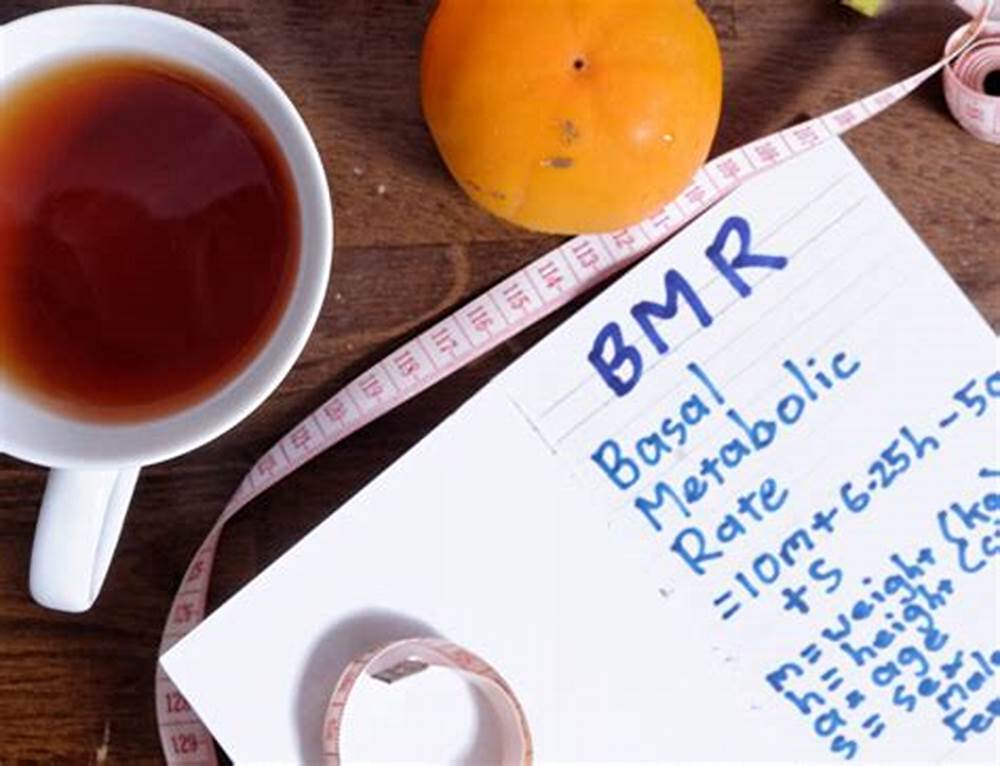Posted on 5 Jun 2024
Supporting Your Weight Loss By Knowing Your BMR
How To Use Your BMR To Aid Weight Loss

Understanding your individual fitness ability and health before approaching weight loss is a vital factor in succeeding in a progressive weight loss. Using you BMR to put together a diet plan and exercise regime will support your weight loss to you personally, giving you a clear strategy and plan that fits your body and health.
We use this method at our FitFarms Residential Sites, to put together a plan for each of our clients individual needs.
Metabolic Rate
BMR, your basal metabolic rate, is the rate which your body produces and uses energy. Your BMR effects how your body processes nutrients and how much exercise your body needs to lose weight. Understanding your metabolic rate will benefit your weight loss and help you have a greater understanding of how to tackle your exercise regime and diet.
Knowing your BMR will help to understand how to make changes within your lifestyle to support a kickstart to weight loss. There are plenty of online BMR calculators which give you a rough idea of where your BMR is.
How does your Metabolic Rate impact weight loss?
If you have a higher BMR, your body burns more fat both when exercising and when resting. Combined with a balanced diet and exercise schedule, this will result in a healthy, progressive, and maintained weight loss. Your body will use stored fat for energy rather than only the direct food your consuming, resulting in an increased weight loss.
Metabolic Rate and Total Daily Energy
Working out your total daily energy (TDEE) will help you calculate how many calories you should consume a day. This will help to create a safe and steady calorie deficit diet. After calculating you TDEE, you should reduce 500-1000 calories a day to create a safe calorie deficit diet, which will be sustainable and not effect your BMR. Keeping to a balanced diet through each meal and maintaining exercise will further produce a progressive weight loss.
Can you change your BMR?
Yes, you can alter your basal metabolic rate. Not understanding how your BMR works often leads people into certain diets and weight loss strategies which are not sustainable. If you are following an extreme calorie deflect, a liquid diet or no exercise schedule, these are examples of immediate weight loss that have a long term effect on your BMR. Often resulting in further weight gain.
So, how can you positively change your BMR through trying to lose weight? High intensity workouts and a balanced diet are great ways to boost your metabolism, and aid weight loss. Managing and controlling your sleep schedule and stress levels also supports a balanced metabolic rate and should also be prioritised throughout weight loss.
Understanding your body will boost your progress, be specific to you and follow safe guidelines to a progressive maintainable weight loss journey.
